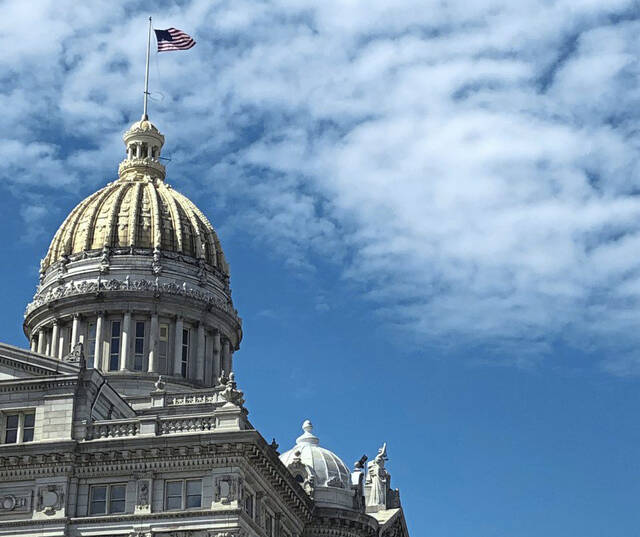Editorial: Confidentiality agreements are counter to transparency
In a lot of ways, a government agency and a corporation are similar.
They are arranged in hierarchies. They have people making decisions on behalf of the organization. They can be legally bound to do certain jobs. They both live and die by mountains of paperwork and legal agreements.
But where they differ is in responsibility and goal.
Companies are there to make money, and they are answerable to their owners — whether individual or shareholders — for the decisions they make, the actions they take and the papers they sign.
Government’s goal is not to make money but to utilize the money in hand wisely. It is answerable in all things to the people it represents.
Those differences can change the way the two do business. Let’s take lawsuits, for example.
In a world where anyone can sue anybody for anything, lawsuits can be par for the course. For corporations, this can mean settling with some routine language requiring confidentiality. It may be annoying, occasionally fishy, but it’s not illegal and can be part of keeping the gears turning.
But is that something government should do?
James Mapp, 34, is a New Mexico man who filed a lawsuit against Westmoreland County, claiming he was beaten by guards at the county jail after an arrest on accusations of domestic violence. The incident happened in April 2020 and stemmed from Mapp’s refusal to wear a mask as required under coronavirus pandemic protocols.
In February, the county settled the case for $150,000. County solicitor Melissa Guiddy, who is a frequent spokesperson for the commissioners, said the county did not admit liability as part of the settlement.
That statement prompted Mapp to file another lawsuit asking for another $150,000, claiming the county violated a confidentiality agreement.
Whether Mapp is right and the county is liable is a question for a judge. What all government officials should think about is whether a confidentiality agreement is ever appropriate for a public agency.
It isn’t a question of legality. Nondisclosure agreements are regularly used by government, and confidentiality agreements are common enough — provided they don’t interfere with disclosure requirements such as Pennsylvania’s Right-to-Know Law.
But government has an obligation to be transparent whenever possible. Spending $150,000 of taxpayer money is definitely something that should require openness. If anyone — taxpayer or journalist — wants to ask questions about that settlement, they should not be constrained by locks made of legal language.
A confidentiality agreement may be permissible for a government agent to sign, but the corresponding silence should speak loudly to the people represented.
Remove the ads from your TribLIVE reading experience but still support the journalists who create the content with TribLIVE Ad-Free.

